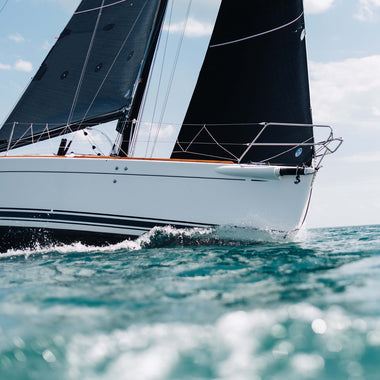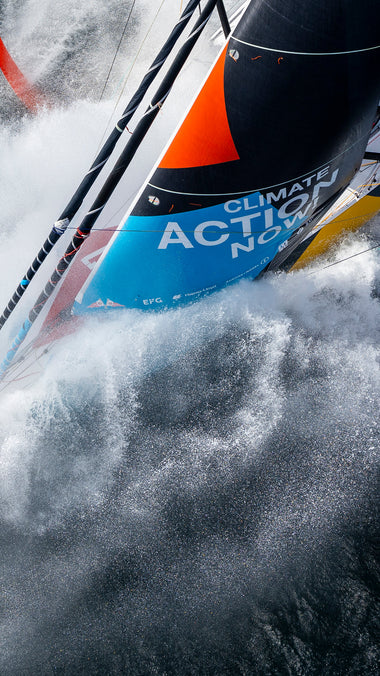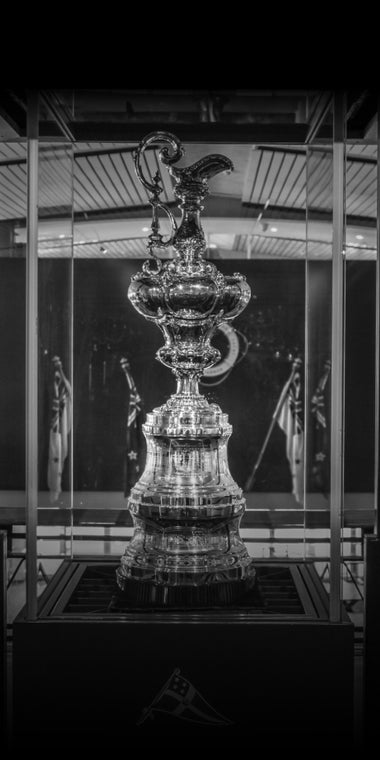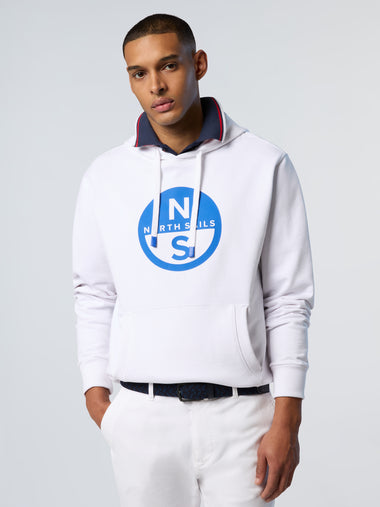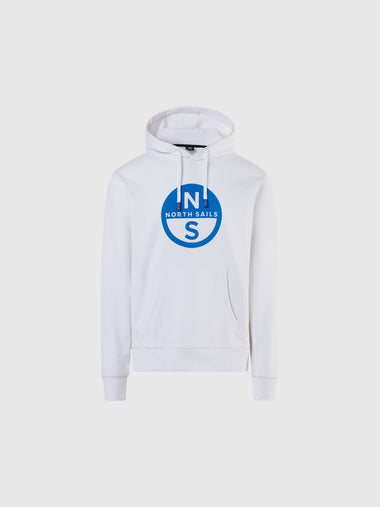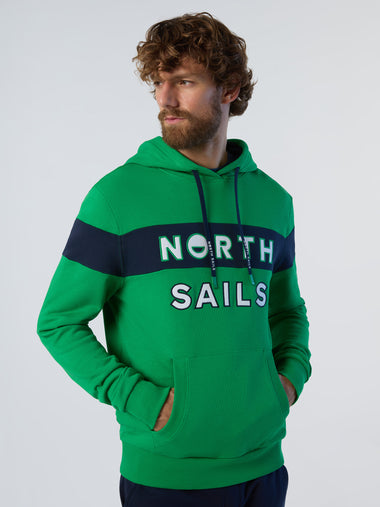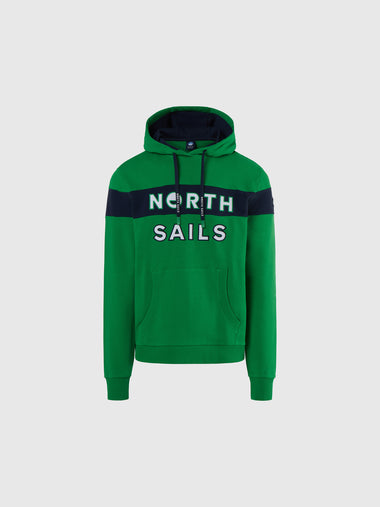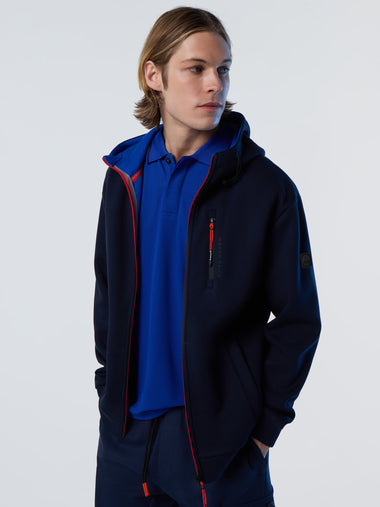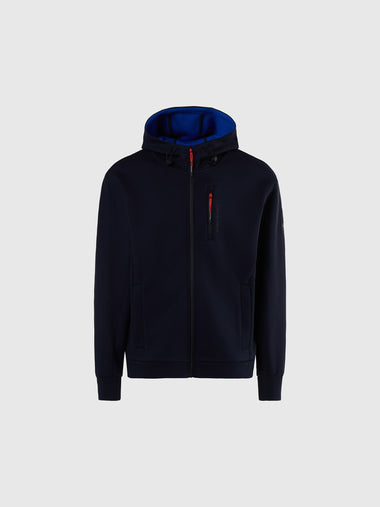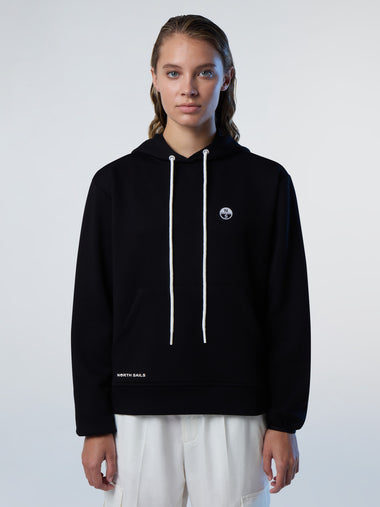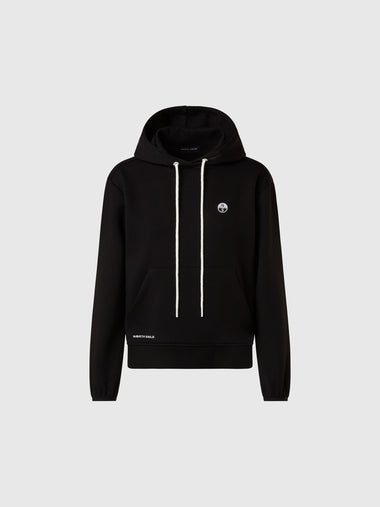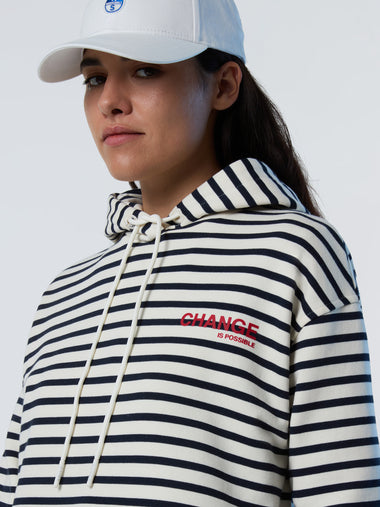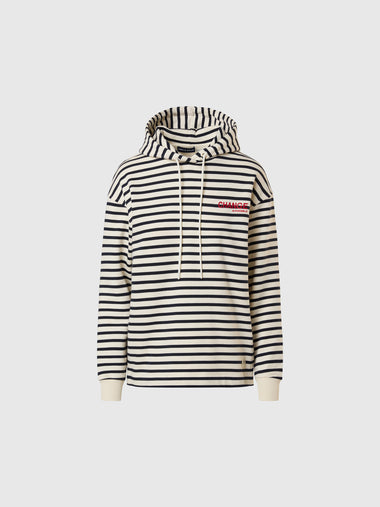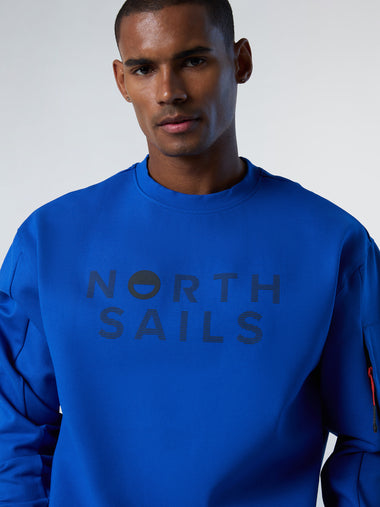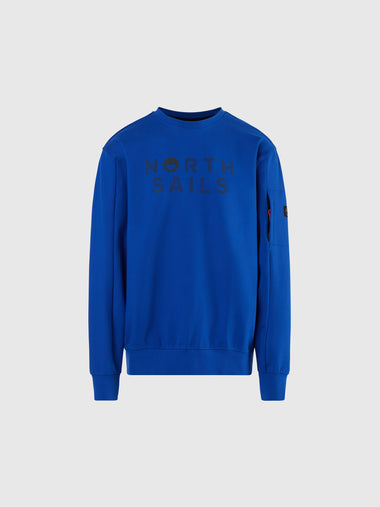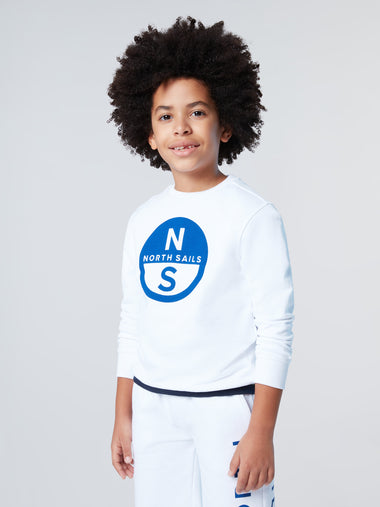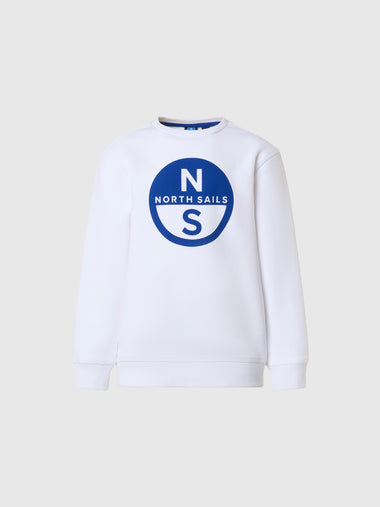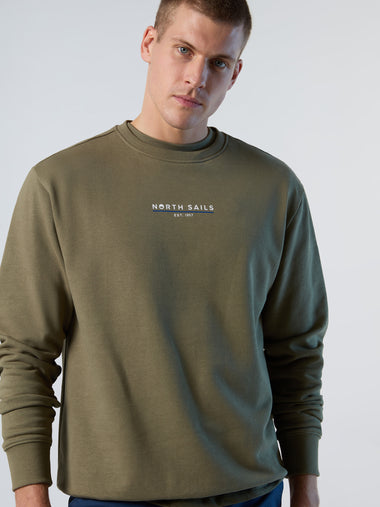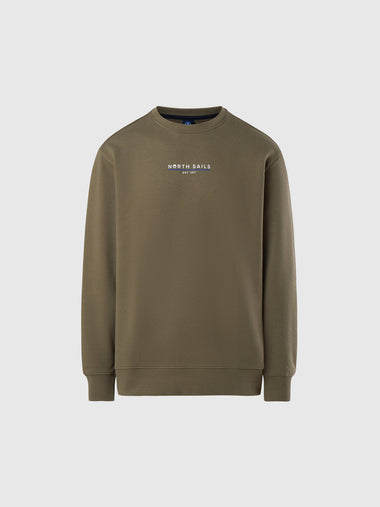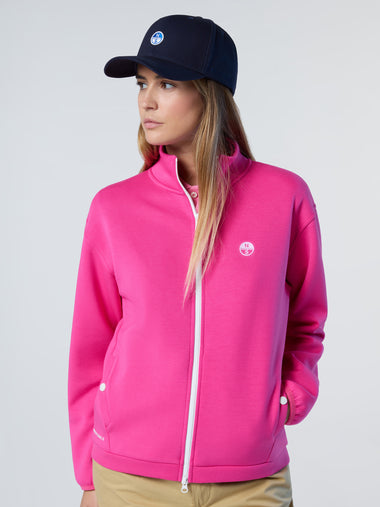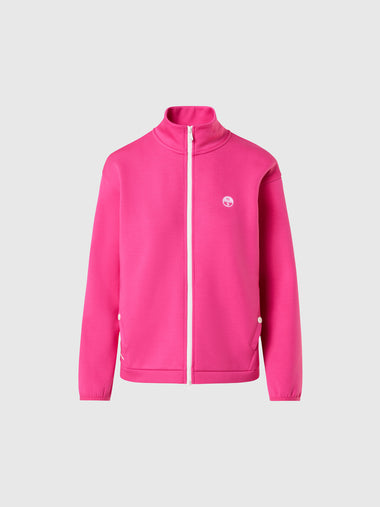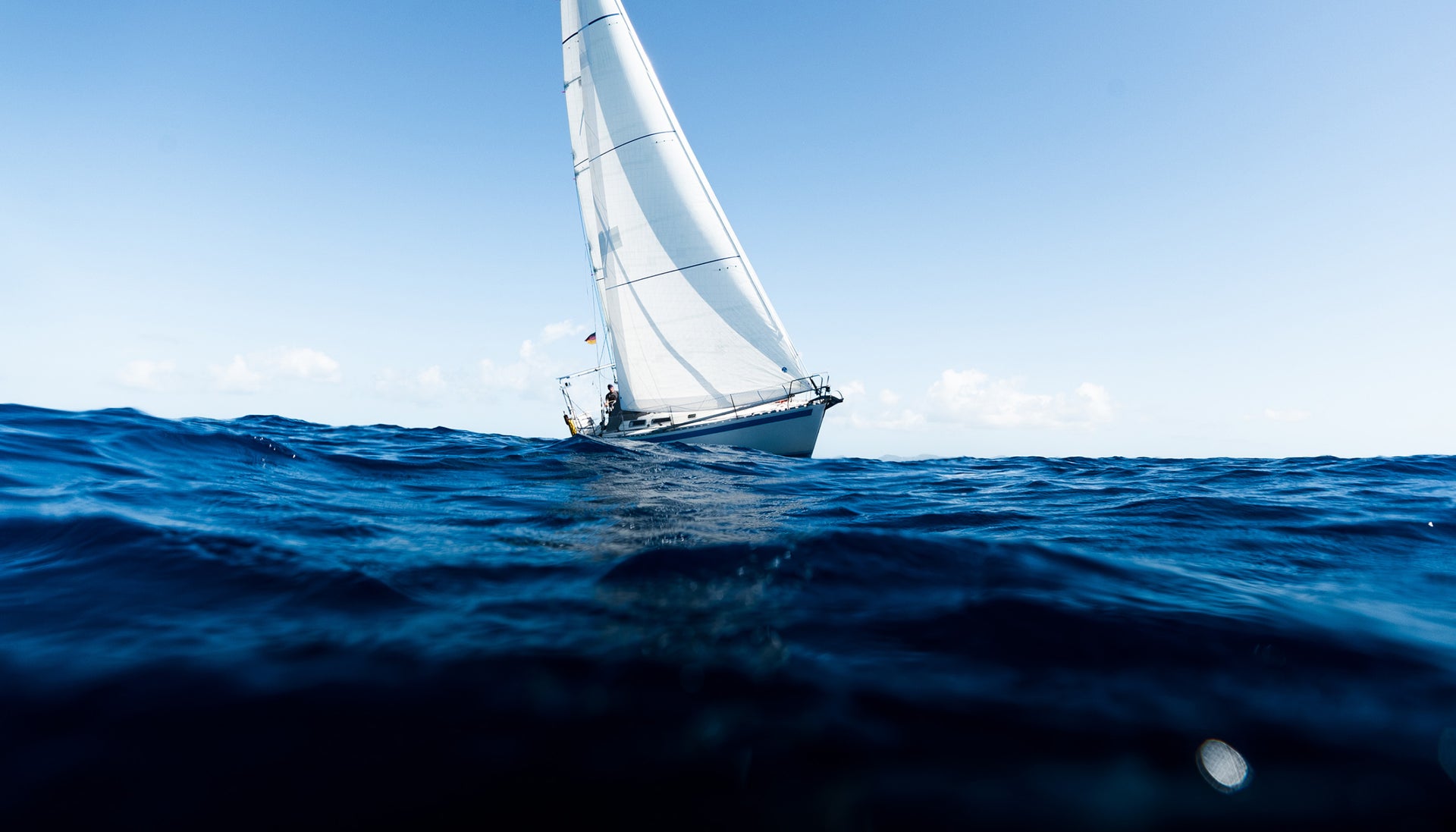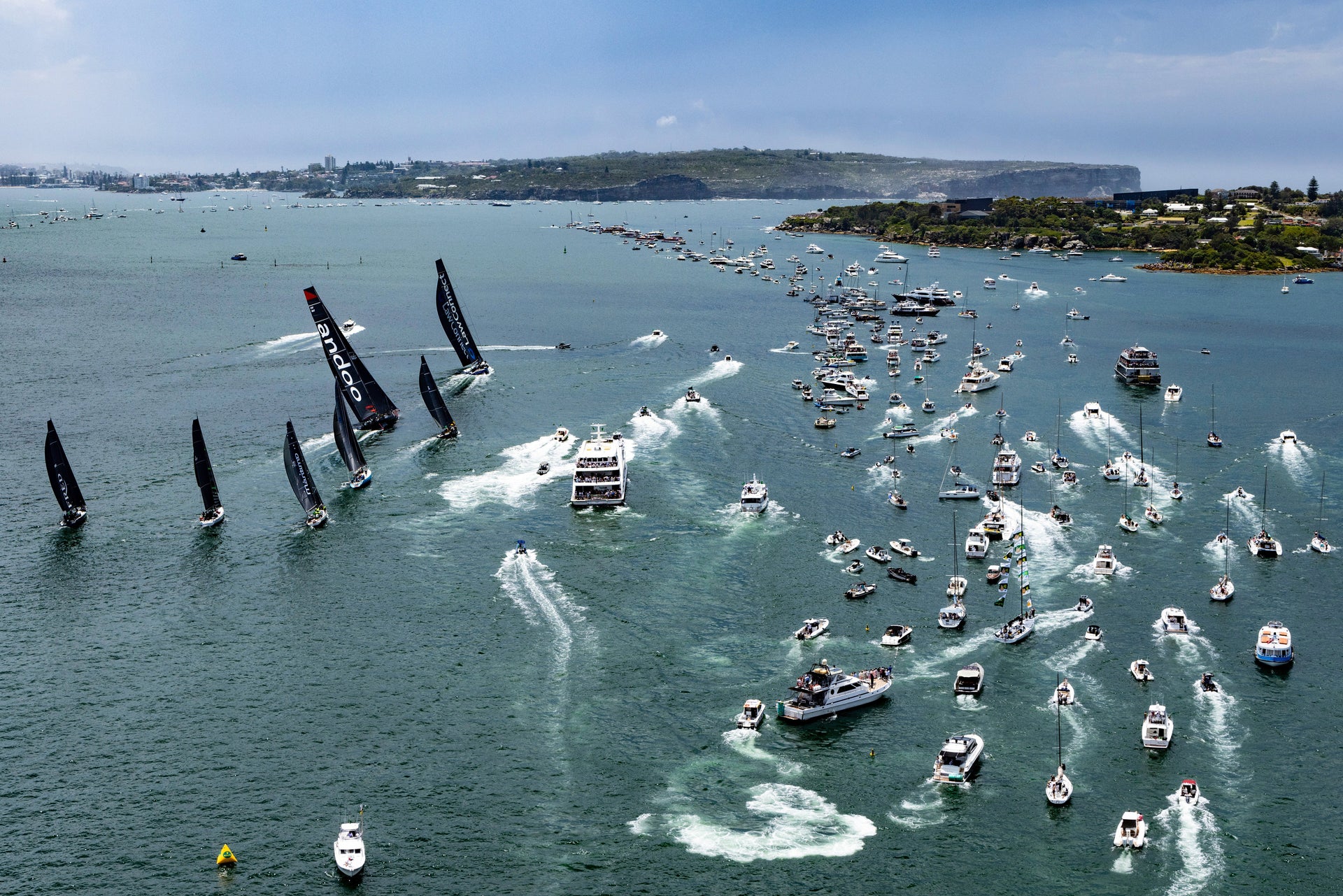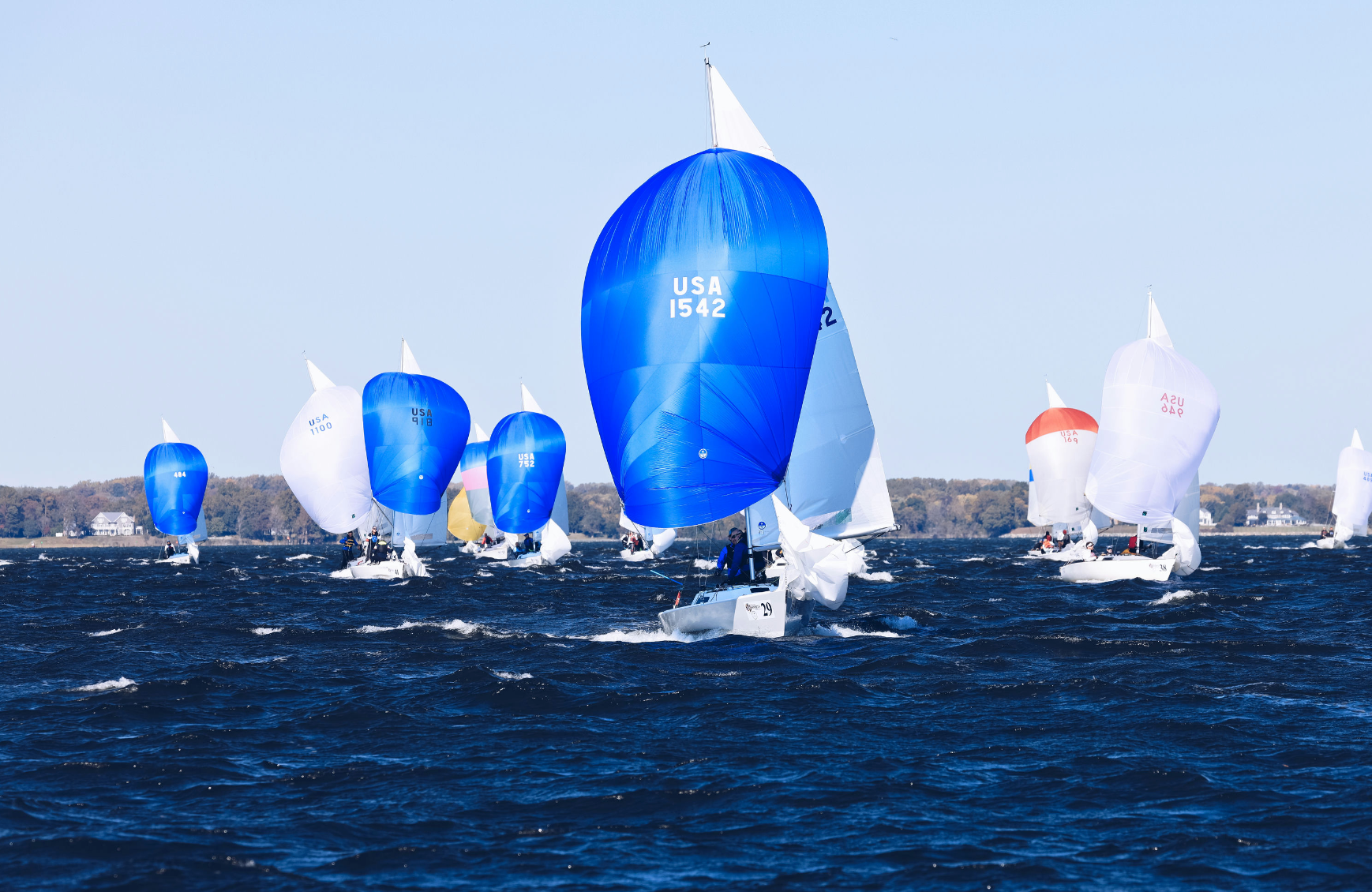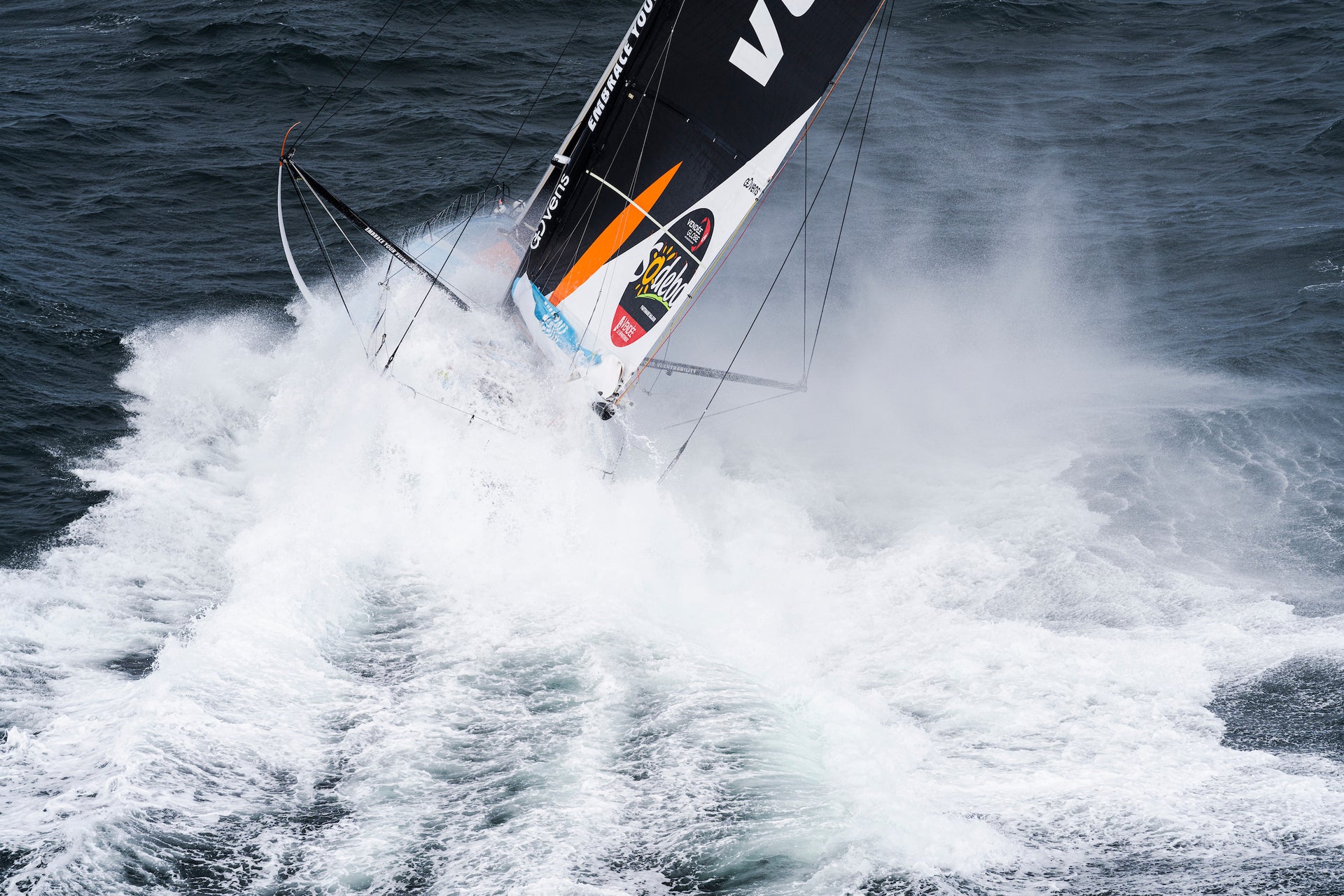ANTIGUA LOCAL KNOWLEDGE
ANTIGUA LOCAL KNOWLEDGE
What To Expect For The 2019 Optimist World Championship

The island of Antigua is excited to host the 2019 Optimist World Championship. This is a record-breaking year, with over 250 sailors from 64 countries registered. We spoke with North Sails expert and local Andrew Dove to learn what sailors should expect when they leave the harbor.
Hurricane Season
July is the beginning of hurricane season, so there could be some days where the winds are built up from storms that have established nearby. Small squalls are common, but typically the rain and wind are localized and pass by quickly. The best part about these squalls is a break from the sunshine.
Heat & Dehydration
When competitors get off the plane, they will instantly notice the humidity (98%) even if they are arriving from Florida. They will also have to work to avoid a sunburn. Staying out of the sun whenever possible, and wearing protective clothing while racing, is essential.
Dehydration is another concern, especially since it will be hard to identify. A key indicator is heat exhaustion, which may be easy to mistake for the natural fatigue from hiking all day in strong winds. Sailors will need to drink water (adequately supplemented with electrolytes) constantly to stay ahead.
Water, Waves, and Current
It is very rare to have no wind and smooth waters here; deep water racing with waves is what you should expect. Because the ocean swell has crossed the Atlantic, the wave crests will be quite far apart. Water temperature will be warm, in the upper 80s.
Close to shore, the water is only a few meters deep and there’s a current of 1.0-1.5 knots running from east to west. If the sailing area is more offshore, the current won’t be as noticeable in the deeper water. The course marks will be attached with high-grade fishing line, because chain would drag in the deeper water and strong currents.
The Wind
Except for localized squalls, there is always a concern during hurricane season, winds typically come from the easterly quadrant and are not very shifty. Gusts that build from passing squalls storms may last five to ten minutes, then will transition back to what was there originally. The wind is generally more onshore in the mornings and increases in the latter part of the afternoon. Trends will be evident after a few races, and there shouldn’t be too many surprises. It would be very unusual to have a calm day, but you never know!
Club members here in Antigua run great regattas each year, and our island will serve up some fantastic racing conditions that your sailors will remember forever. Just remember: avoid sunburn and heat exhaustion!

